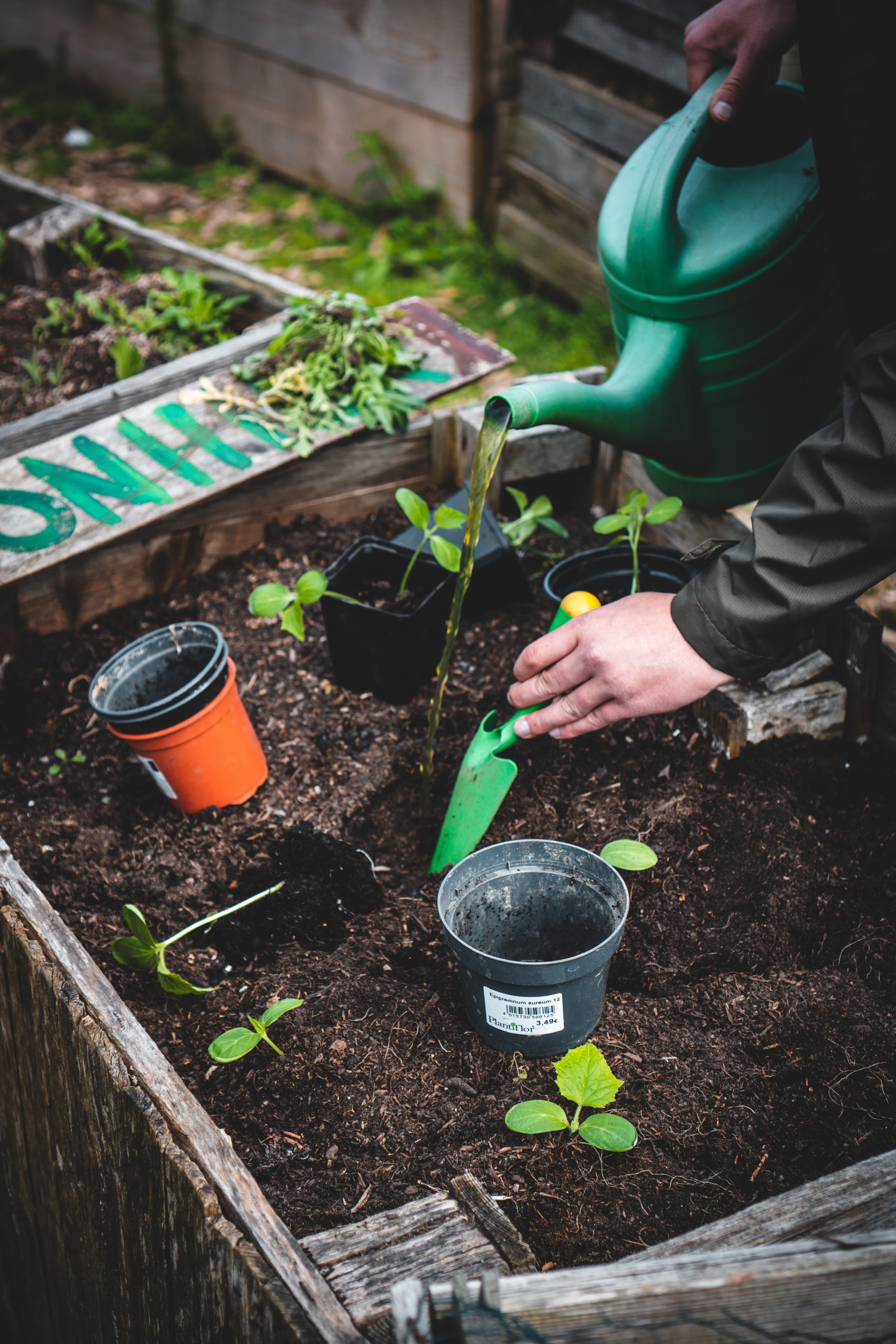Soil is the foundation of any successful garden. It is the medium in which plants grow, and it provides them with the nutrients, water, and air they need to thrive. In this article, we will explore the importance of soil in successful planting and provide tips on how to ensure that your soil is healthy and fertile.
Why Soil Quality Matters
The quality of your soil is critical to the success of your garden. Healthy soil can store and process more water, which is essential for plant growth. Poor quality, depleted soil won’t hold water and will make it impossible for your plants to thrive and survive.
Soil also provides plants with the nutrients they need to grow. These nutrients include nitrogen, phosphorus, and potassium, as well as trace elements like calcium, magnesium, and iron. Without these nutrients, plants cannot grow and will eventually die.
The Importance of Soil Structure
Soil structure is another critical factor in successful planting. Soil structure refers to the arrangement of soil particles and the spaces between them. Good soil structure allows for the movement of air and water through the soil, which is essential for plant growth.
Soil structure is affected by several factors, including the type of soil, the amount of organic matter present, and the presence of soil organisms like earthworms and bacteria. To improve soil structure, you can add organic matter like compost or manure to your soil, which will help to create a more porous soil structure.
Testing Your Soil
Before you start planting, it’s essential to test your soil to determine its pH level and nutrient content. You can purchase a soil testing kit from your local garden center or send a sample of your soil to a laboratory for analysis.
Once you know the pH level and nutrient content of your soil, you can make adjustments to ensure that it is suitable for the plants you want to grow. For example, if your soil is too acidic, you can add lime to raise the pH level. If your soil is deficient in nitrogen, you can add a nitrogen-rich fertilizer to improve its nutrient content.
Improving Your Soil
There are several ways to improve the quality of your soil. One of the most effective ways is to add organic matter like compost or manure to your soil. Organic matter improves soil structure, increases nutrient content, and helps to retain moisture.
Another way to improve your soil is to practice crop rotation. Crop rotation involves planting different crops in the same area each year to prevent soil depletion and the buildup of pests and diseases.
Conclusion
In conclusion, soil is the foundation of any successful garden. It provides plants with the nutrients, water, and air they need to grow and thrive. By testing your soil, improving its structure, and adding organic matter, you can ensure that your soil is healthy and fertile, and your plants will flourish. Remember, healthy soil equals healthy plants, so take care of your soil, and your garden will reward you with a bountiful harvest.




